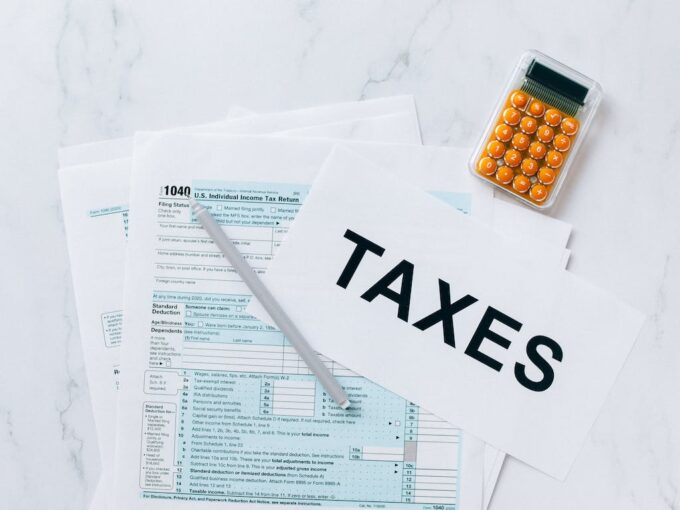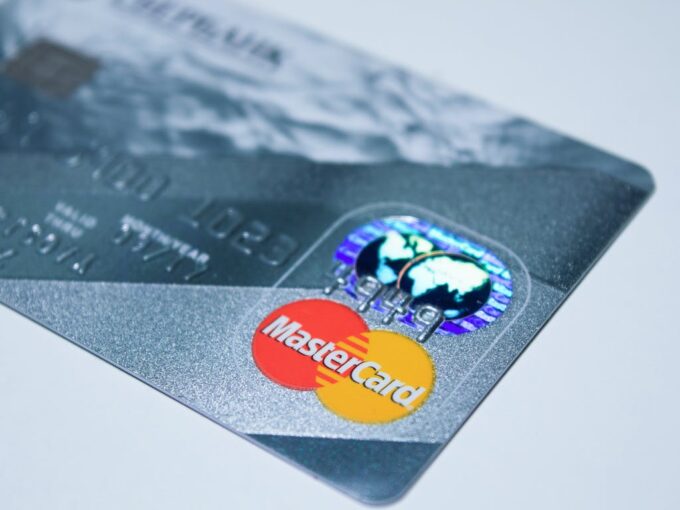Debt can feel overwhelming, not just financially but also emotionally. Understanding the psychology behind debt is essential for finding ways to break free and regain control of your life.
Understanding the Emotional Weight of Debt
Debt often comes with a heavy emotional burden. Many people experience anxiety, shame, or fear related to their financial situation. This emotional stress can lead to a cycle where the pressure to pay bills makes it harder to manage daily expenses. Recognizing these feelings is the first step toward addressing them.
Acknowledge Your Situation
The first step in breaking free from debt is to accept where you stand. Ignoring your debt won’t make it disappear. Create a detailed list of what you owe, including interest rates and minimum payments. This clarity helps you understand the full picture and reduces anxiety.
Set Realistic Goals
Once you acknowledge your situation, set achievable goals. Break your debt down into smaller, manageable parts. Instead of thinking about paying off all your debt at once, focus on one debt at a time. Celebrate small victories to keep yourself motivated.
Create a Budget
A solid budget is your best friend when trying to break free from debt. Track your income and expenses to see where your money is going. Identify areas where you can cut back and allocate those savings toward your debt payments. Sticking to a budget helps you regain control over your finances.
Change Your Mindset
Shifting your mindset about money can significantly impact your approach to debt. Instead of viewing debt as a failure, see it as a challenge you can overcome. This positive perspective helps reduce stress and encourages proactive financial habits.
Seek Support
You don’t have to face debt alone. Consider talking to friends, family, or financial advisors. Sometimes, just sharing your struggles can lighten the emotional load. Support groups or financial counseling can also provide valuable resources and encouragement.
Develop Healthy Financial Habits
To prevent falling back into debt, focus on building healthy financial habits. This includes saving for emergencies, living within your means, and educating yourself about personal finance. Establishing these habits makes it easier to manage money in the long run.










